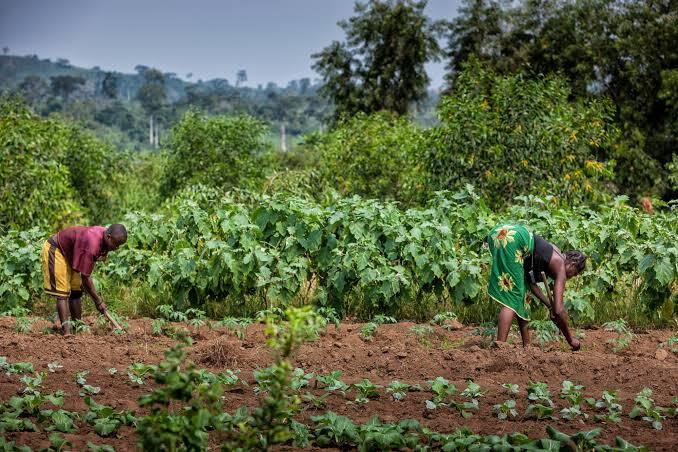🌍 Climate-Resilient Farming Urged to Boost Africa's Food Security
Gaborone, Botswana – April 23, 2025
Africa must urgently adopt climate-resilient farming practices to counter increasing food insecurity exacerbated by climate change, say agricultural experts and policymakers.
During a recent summit hosted in Gaborone, leading voices from across the continent highlighted the vulnerability of African agriculture—largely rain-fed and reliant on traditional methods—to climate-related disruptions such as droughts, floods, and shifting weather patterns.
“Climate-smart agriculture is not a luxury, it’s a necessity,” stated Dr. Nthabiseng Moeti, an agronomist from South Africa. “If we do not act now, food security will deteriorate further, putting millions at risk.”
Key recommendations from the summit included:
- Diversifying crop varieties with drought and heat-tolerant species
- Investing in irrigation infrastructure and water harvesting systems
- Enhancing access to weather data and early warning systems
- Supporting farmers through extension services and financing mechanisms
- Strengthening regional cooperation in seed and technology transfer
According to the African Development Bank (AfDB), agriculture provides livelihoods for over 60% of Africa’s population. Yet, climate-related shocks continue to lower productivity, threatening both income and food access for millions.
The World Food Programme (WFP) estimates that over 282 million people in Africa face hunger as of 2024, a figure expected to rise unless adaptive measures are taken.
Experts also emphasized the need for government support in policy reforms, public-private partnerships, and investment in innovation, including digital tools for farm management and resilient infrastructure.
“We must reimagine our food systems. This means inclusive policy-making, sustainable inputs, and empowering women and youth in agriculture,” added Dr. Moeti.
The summit concluded with a joint commitment to accelerate the integration of climate resilience in national agricultural strategies, particularly in drought-prone regions like the Sahel, East Africa, and Southern Africa.
Follow & Subscribe:
👉 Africa Agri Market on LinkedIn for the latest updates and insights.
🌐 Visit us at www.africa-agri-market.com for more information!
